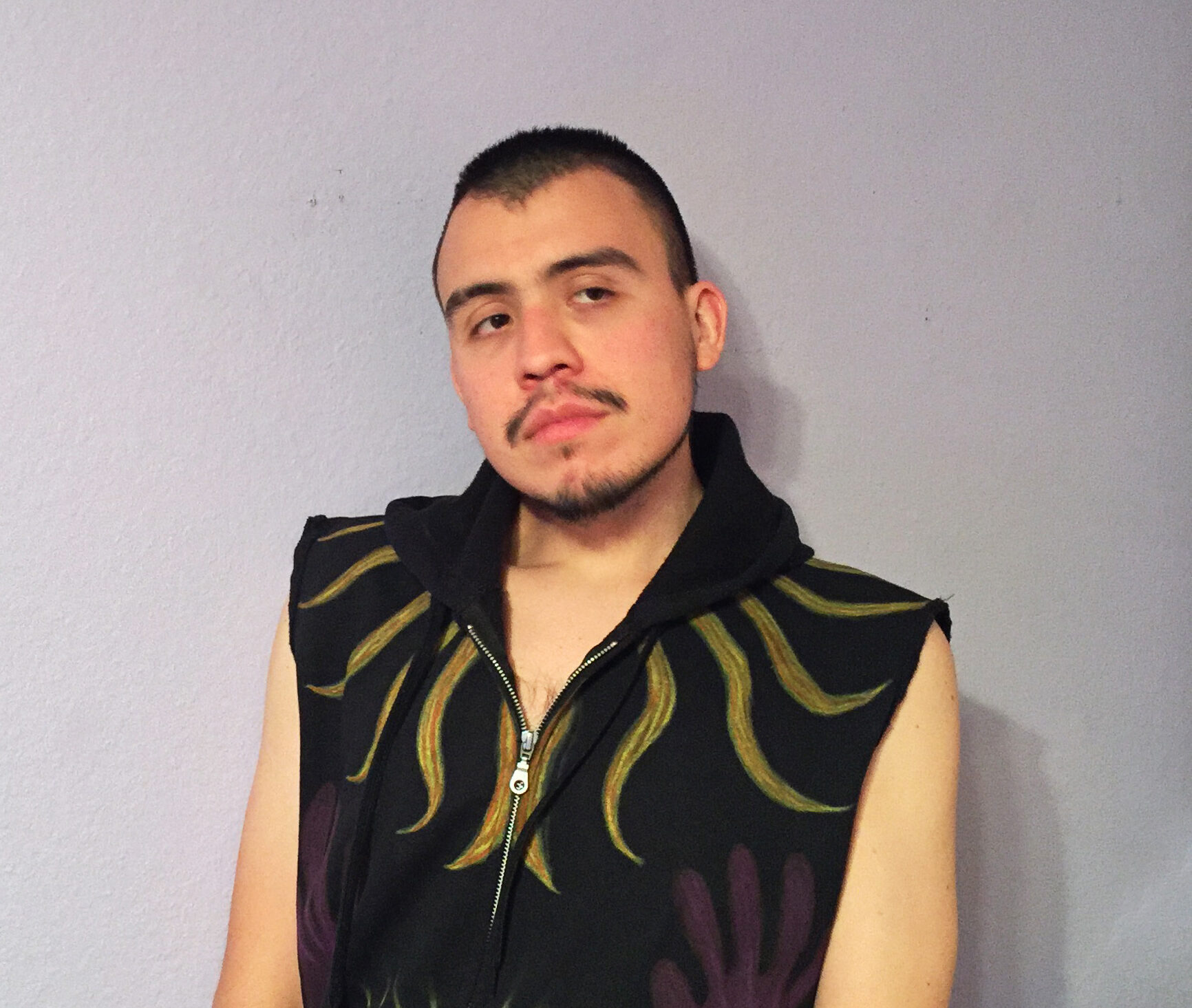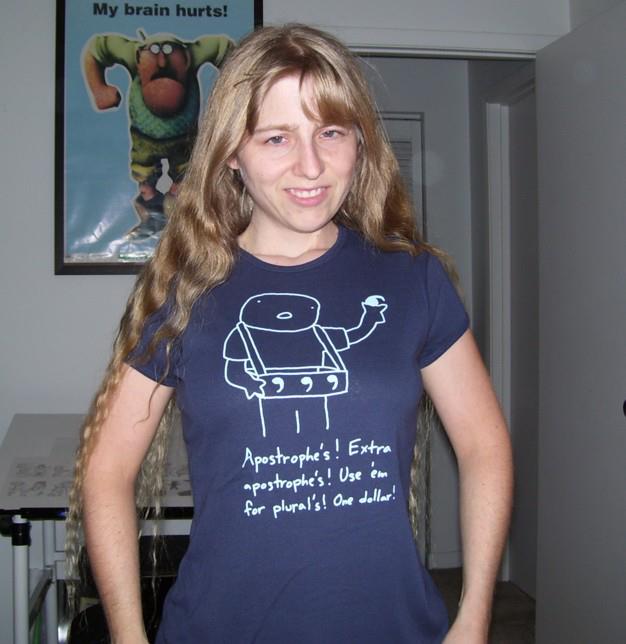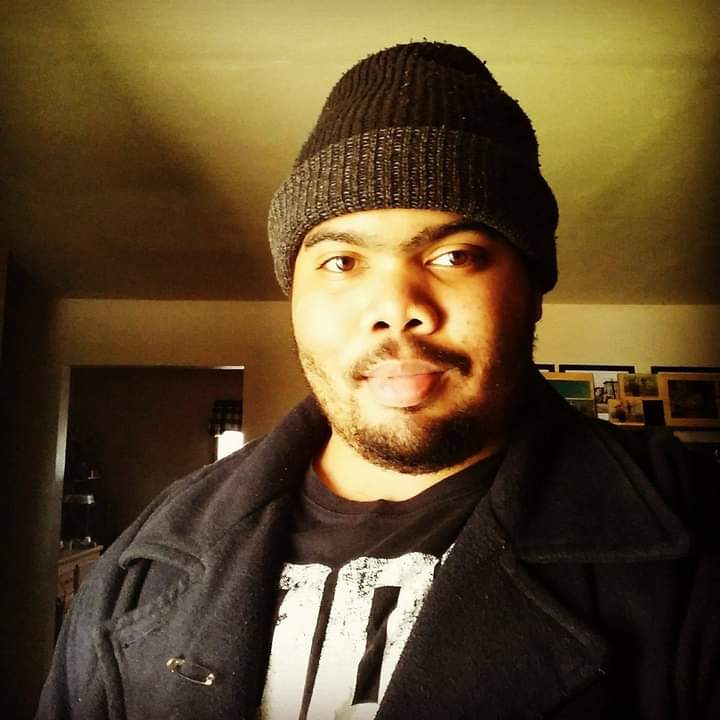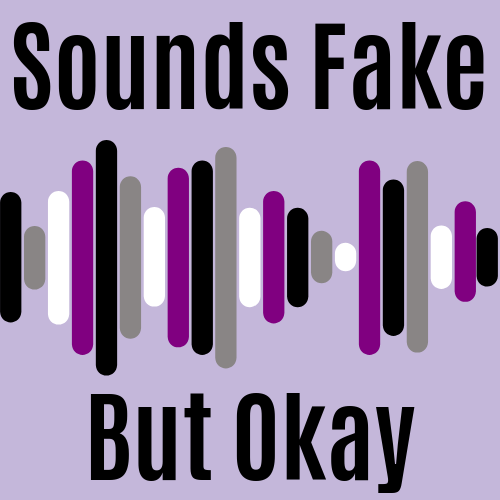
by Michele Kirichanskaya | Apr 1, 2024 | Blog
Michael Paramo is a Xicanx researcher, writer, poet, and artist born and raised in the suburbs of southern California (on Tongva land) in a Mexican-American family. They created AZE in 2016, a platform that publishes the writing and artwork of asexual, aromantic, and...

by Michele Kirichanskaya | Jul 24, 2022 | Blog
The Asexual Goddess is a YouTuber who makes content centered around Aromantic, Asexual and Agender topics as well as a wide range of other LGBTQIA+ topics. I had the opportunity for an interview with The Asexual Goddess, which you can read below. First of all, welcome...

by Michele Kirichanskaya | Sep 15, 2021 | Blog
Julie Sondra Decker is an author from Tampa, Florida. She writes science fiction and fantasy novels and short stories for adults and children, and is known as a prominent voice for the asexual community. Her nonfiction title The Invisible Orientation...

by Michele Kirichanskaya | Aug 6, 2021 | Blog
Marshall Blount aka the Gentle Giant Ace is a Black Asexual Activist from Erie,Pennsylvania. He’s a board member for Asexual Outreach (a non-profit organization) and on the Pennsylvania commission on LGBTQ Affairs. His mission is to spread awareness of...

by Michele Kirichanskaya | Jan 28, 2021 | Blog
Sounds Fake But Okay is a casual, occasionally chaotic podcast by best friends Sarah and Kayla. Each week, this aromantic/asexual girl and demisexual girl discuss relationships, sexuality, queer issues, and society from an asexual and aromantic lens. Started in 2017,...






